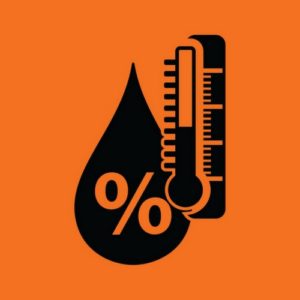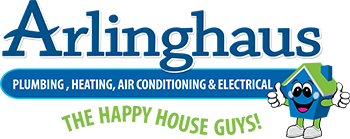There are a lot of different ways to keep a home or place of business warm and comfortable. And while gas burning furnaces have become one of the most common ways, thanks to our modern access to natural gas, boilers are still around and quite viable. So how do modern boilers compare to gas furnaces? These six facts should lay out the basics for you.
Water for the Rest of Your House
 Boilers work on a very simple principle that’s been given a modern-day twist. Water is good at retaining heat, so boilers simply heat up water, then take that hot water and pump it throughout your home.
Boilers work on a very simple principle that’s been given a modern-day twist. Water is good at retaining heat, so boilers simply heat up water, then take that hot water and pump it throughout your home.
Once the hot water gets to its destination, it gives off that heat, warming up the air in the space. This is a bit different from furnaces, which actually heat up the air, then pump that heated air all over a structure.
 It’s Not Actually Boiling
It’s Not Actually Boiling
While all boilers heat water up, most of them don’t actually boil anymore! Some boilers fulfill this function, but that’s usually for industrial functions.
The typical boiler for home or business heating purposes doesn’t have to boil anything. Usually, a temperature of about 140° is sufficient for the heating and comfort needs of a home or place of business.
No Extra Humidifier
 While it’s not totally unreasonable to think that a water-based heating system would add humidity to the air, that’s not the case.
While it’s not totally unreasonable to think that a water-based heating system would add humidity to the air, that’s not the case.
If a boiler’s circulation system is damaged, that leak might allow humidity into the air, but under normal operating circumstances, boilers do not add additional moisture into the atmosphere.
In fact, older, cast iron boilers made the air drier, because they burned up air within the home in as fuel to combust for heating up water.
Steady Pressure Is Essential

Low water pressure doesn’t just make for unsatisfying showers; it can also have an impact on the heating performance of boilers.
In order to effectively radiate heat, high, steady, consistent water pressure is required for solid heat transmission in boiler systems.
If you have low water pressure, this means less effective heating. It might even mean there’s a leak somewhere, and that needs to be addressed quickly.
Cost-Effective Results
 Of course, one immediate benefit of making the switch to a new boiler is that if you’re still on an old HVAC system, you’ll be a big jump in performance.
Of course, one immediate benefit of making the switch to a new boiler is that if you’re still on an old HVAC system, you’ll be a big jump in performance.
This is especially true for HVAC systems that predate the 21st century. New boilers are a great investment that lowers energy bills and even add value to a property.
Enjoy Efficiency
 You can get high-efficiency boilers that operate at 90%, which is only a little behind the top tier furnaces that operate at 95% efficiency. But there’s one important area where boilers are far more efficient than gas burning furnaces.
You can get high-efficiency boilers that operate at 90%, which is only a little behind the top tier furnaces that operate at 95% efficiency. But there’s one important area where boilers are far more efficient than gas burning furnaces.
They can heat individual rooms, whereas a furnace must heat an entire building. This means increased savings, if you can keep unused rooms at lower temperatures, or even only heat a bedroom at night.
While Erlanger, KY, generally has milder, pleasant weather, that doesn’t mean things can’t get cool. When that happens, a heating system can help to keep things comfortable, and boilers are a great way to achieve this goal.


